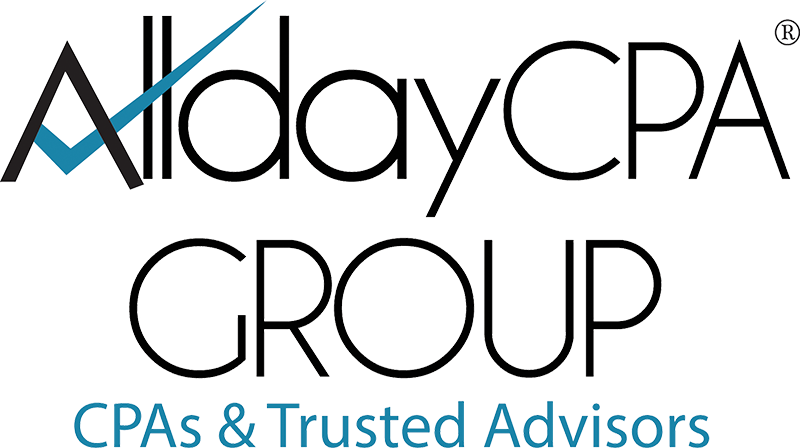Cash Flow Management Services
We provide cash flow management services to business clients for a variety of purposes.
For business clients in crisis, these services are designed to satisfy creditors and lenders and to ensure a viable cash flow necessary to maintain continued business activities. Many times, these types of cash flow plans allow for the maintenance of open lines of credit with vendors, while also satisfying the credit requirements of lenders.
For non-crisis business clients, these services are designed to identify to extent of leveragability a particular company is able to maintain with current cash flow volume. This is important for companies engaged in expansion activities, or, with regards to the negotiating of new contracts, which might significantly impact projected cash flows.
Many of these services are coordinated with the advice and recommendations of our certified public accountants, consultants, designated corporate financial controllers, and chief operating officers.
Successful Cash Flow Management
Cash management is ultimately about cash flow — and very few small businesses are awash in cash. Even successful, growing companies are vulnerable to cash flow problems because they tend to add employees and inventory rapidly. This may quickly deplete the company coffers and lead to cash shortages.
Because having cash at the right time is so important, entrepreneurs must pay close attention to cash management.
Here are some tips for saving money and managing cash flow:
- Make financial projections: Forecast both expenses and anticipated revenues for at least the coming year. This will help you predict when you’re likely to have cash and when you’re likely to need it. You should also maintain a cash reserve if possible.
- Create contingency plans: Have several budget projections, including best-case and worst-case scenarios, and think about how you might respond. In the event, sales don’t take off as expected or there’s some unforeseen problem, you’ll be better prepared.
- Keep a lid on spending: One of the most common problems with new businesses is the owners’ tendency to spend freely. There’s no need to have lavish offices or expensive furniture. Remember, you’re in this for the long haul: You should try to get as much value as possible out of every transaction, whether you’re leasing office space or stocking the company kitchen.
- Keep inventory low: Don’t stock inventory based on your fantasy of what you think you’ll be selling in six months. Instead, stock only what you know you can sell in the short term.
- Please, don’t buy: Another good way to conserve cash is to lease equipment instead of buying it. Although leasing can be more expensive in the long run, it helps you avoid laying out a lot of capital all at once for things like office furniture, computers, and copiers.
- Delay hiring employees: Try to improve the productivity of current employees (without burning them out), use independent contractors, and consider outsourcing certain nonessential functions. Employees are expensive, so you should put off adding permanent hires as long as you can — or at least until you’re earning the revenue to support them.
- Go without a salary: Some experts recommend stockpiling a year’s worth of living expenses before going into business. Admittedly, this may be difficult, but you should at least avoid paying yourself an excessive salary. Too many entrepreneurs waste cash by paying themselves big salaries without the revenues to justify them
- Speed up customer payments: Try to get customers to pay on time or early, if possible. Offer incentives like discounts or late fees, and adopt more effective collection techniques for deadbeat customers.
- Don’t be wasteful: Recycle and reuse what you can — for example, boxes, computer discs, and file folders. The savings may not be large on any given item, but they can add up over time.
Before meeting with Danny, we recommend filling out our Client Needs Analysis form. This will help us better understand your challenges and provide personalized recommendations to address your unique goals.
